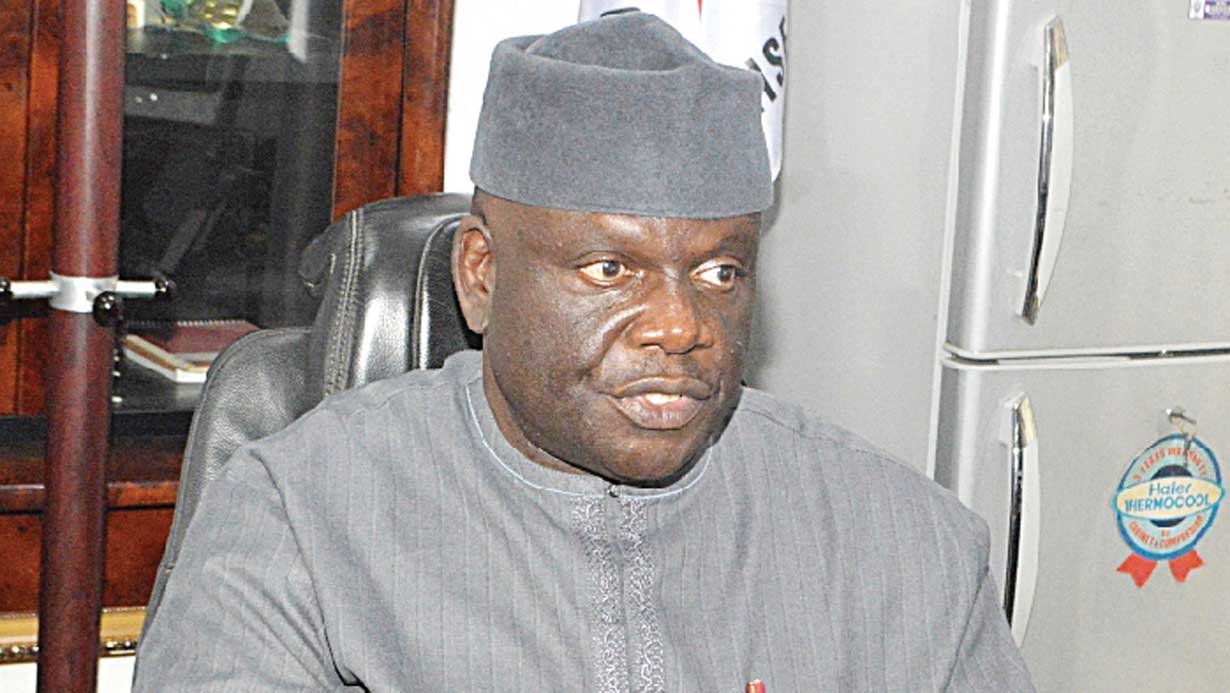
The Nigerian Civil Aviation Authority has read a riot act on alleged predatory pricing in local airfares and unhealthy practices that lower operators’ chances of survival and viability of air travel services.
The apex regulator’s warning was on the heels of emerging complaints on price cuts by some airlines, especially the low-cost carriers. The strategy attracts better patronage, but is perceived to be injurious to both cost of operations and other airline operators.
The NCAA said airfares are closely monitored and those in violation of standards and regulations would be dealt with accordingly.
Following the spike in local airfares during the festive period when one-hour economy flight tickets sold for an average of N100, 000 per seat, some airlines have deployed promo fares that sell for an average of N20, 000 on some routes.
The Guardian investigation showed that at an average cost of N30, 000 per flight ticket, it is almost impossible for commercial airlines to fully cover the cost of operations, run efficient services and make profits despite huge capital investments.
The illogicality of free-fall of prices amid foreign exchange liquidity crisis has also caught the attention of experts that blamed the NCAA for the alleged anti-competition practices.
Secretary General of the Aviation Safety Round Table Initiative (ASRTI), Group Capt. John Ojikutu (rtd), recalled that tickets to Abuja and Port Harcourt in the 90s were between N3,800 to N4,000 ($100) when the green back exchanged for N40.
“For any airline to be charging less than $100 to these destinations, in a depressed economy as we have now, makes no economic sense to me. Today at N550/$, we are importing aviation fuel and we are selling tickets for an average of $50/60.
“I wonder what the business plans of those airlines are and if the NCAA’s Directorate of Air Transport Regulation (DATR) ever surveys their business plans before the start of operations. The question is when did the responsible government authority carry-out economic audits on all those operators, including the government-owned ones?” Ojikutu queried.
Director-General of the NCAA, Capt. Musa Nuhu, said it was up to the airlines to do its finances and economics to determine a reduction of airfares.
Nuhu noted that there are several justifications for airfare review but it is the NCAA’s responsibility to ensure they comply with all standards and regulations.
“To me, it will be foolhardy to shoot yourself in the leg by cutting your airfares to the point that you are no longer profitable or break-even. For us, if we see trends or indications of them trying to cut corners, then we will do a full economic audit of the airline to ensure they comply with that. There are many indications to show an airline has issues, but there is nothing so far,” he said.
The Nigerian Civil Aviation Regulations (Nig. CARs) though empowered airlines to initiate ticket prices; the operators have maintained the same price range of an average of N35, 000 till date. A Lagos-Abuja flight, for instance, retains the average price of N35, 000 at N550/$1 today, the same price sold when exchange was N160/$1 in 2015.
The implication is that at an average cost of N30, 000 per economy class ticket, multiplied by 120 passengers on a B737 aircraft, it gives aboutN3.6 million per flight. At least N800, 000 to N1 million of the sum goes to fuel and another N1 million plus goes to sundry charges and taxes. So, the airline is left with about N1 million to cater for maintenance and personnel among other obligations.



